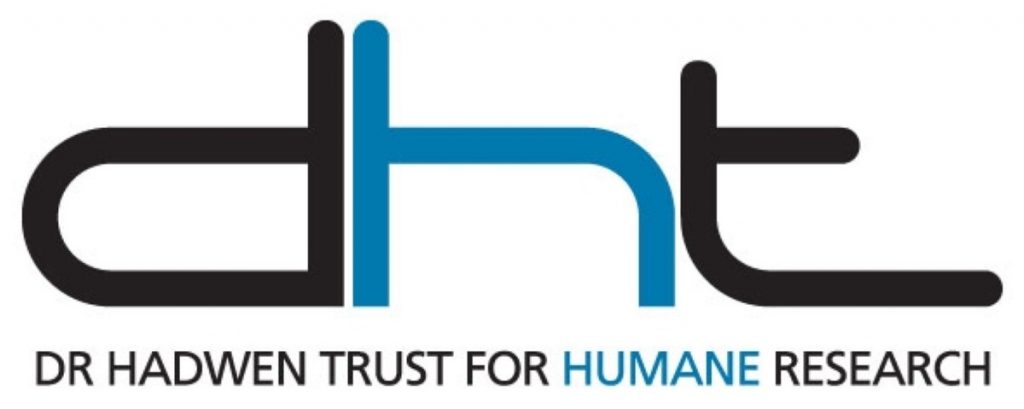Dr Hadwen Trust: Breast cancer in a test tube could replace animal tests
Breast cancer is the most common cancer affecting women in the Western world, killing over 12,500 people in the UK alone every year(1). Despite many decades of research, there is still no cure and potential treatments may have been delayed, since the animal ‘models’ used for cancer research differ significantly from human cancer. However, a new non-animal 3-D human breast cancer test tube model is set to change that.
Researchers at London’s Queen Mary’s School of Medicine & Dentistry, funded by non-animal medical research charity the Dr Hadwen Trust, have developed unique three-dimensional multi-cellular cultures of human breast cancer and normal breast. Not only is this more relevant to humans, as it uses human cells, but it could also replace painful experiments that currently take place using hundreds of mice.
These cell cultures are now being used to investigate a common pre-cancerous condition called Ductal Carcinoma in Situ (DCIS), that accounts for 20% of all breast cancers. DCIS is a condition where cells inside some of the ducts of the breast have started to become cancerous but have not yet invaded the rest of the breast. The development of a human-relevant model means that researchers can far more reliably investigate the earlier stages of cancer, and its progression, as well as potential new breast cancer treatments.
Breast cancer research is often conducted in mice, with up to 400 mice used in a series of tests. Each animal is likely to endure up to eight separate tumour implants followed by painful drug injections into the abdomen, and distressing, serial ‘harvesting’ of subsequent tumours. As well as causing suffering, these mouse experiments are potentially misleading, meaning a human-based research approach is vital to improve accuracy.
Says Nicky Gordon, Science Officer for the Dr Hadwen Trust:
“As a medical research charity we aim to alleviate human suffering, but we believe that medical excellence can and should be achieved without causing animals suffering too. With breast cancer, there is an urgent need to move away from animal research models because their similarity to human cancer can be so poor. Unreliable research costs valuable time, money and lives – animal as well as human – so we are delighted that our 3-D breast cancer model is looking so promising. Further work is needed but the signs are good and this really could revolutionise breast cancer research.”
Professor Louise Jones from the Queen Mary’s research team is hopeful that the new 3-D model will produce real benefits for breast cancer research.
Says Professor Jones:
“Our test tube models of DCIS breast cancer are exciting and extremely novel. To our knowledge, no other research group has created similar complex models containing three different cell types, and the work has generated international interest. Developing more realistic test tube models of human breast cancer can provide an alternative to animal experiments.”





-01.png)